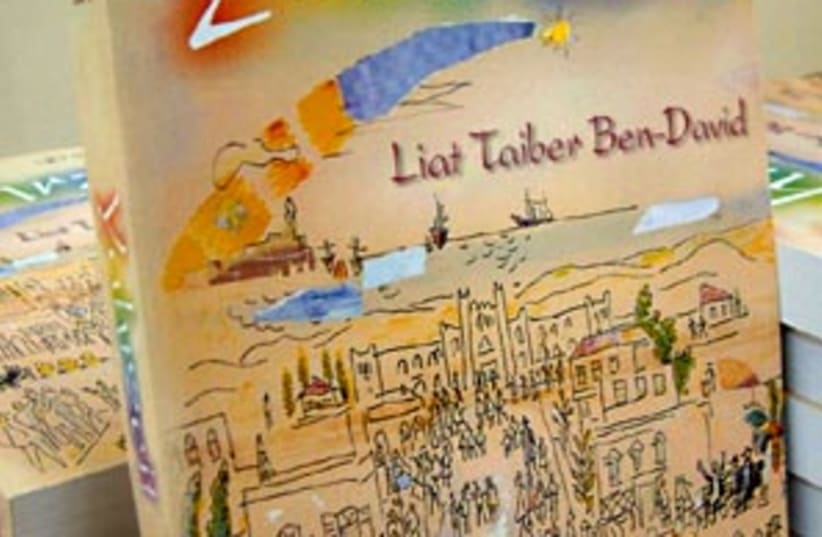| More about: | Theodor Herzl, Israel, Bank Leumi, Tel Aviv University |
Standing on the shoulders of ancestors
Raised on stories of her family history, Liat Taiber Ben-David tells a Zionist tale that spans generations.


| More about: | Theodor Herzl, Israel, Bank Leumi, Tel Aviv University |